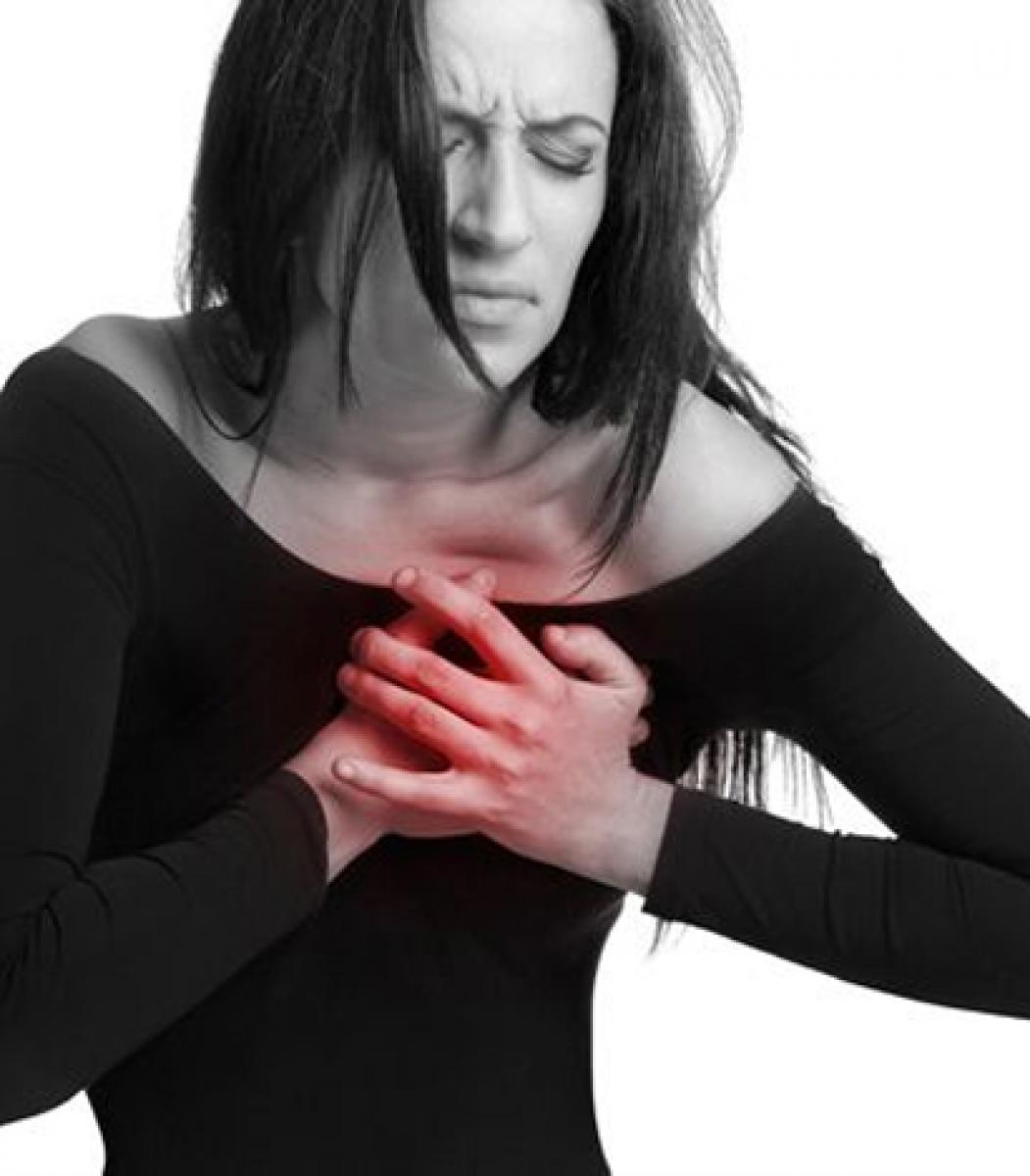Live
- Government Committed to Village Development: MLA Dr. Rajesh Reddy
- Scientists Awareness on Natural Farming for Farmers
- Bavuma, Jansen, Coetzee return to playing XI for Test series opener against Sri Lanka
- CM’s post: Shiv Sena bats for Eknath Shinde, BJP pitches for Devendra Fadnavis
- Mount Dukono in Indonesia's North Maluku erupts, flight warning issued
- Constitution Day should not remain merely an event: MP Guv
- Life-threatening bushfire prompts evacuation orders in Western Australia
- Amid chants of ‘Inquilab Zindabad’, AAP takes out thanksgiving procession in Punjab
- Tamil Nadu CM Stalin Reviews Preparations For Cyclone ‘Fengal’ Amid IMD Alert
- Assam Vlogger Maya Gogoi Found Murdered In Bengaluru; Police Launch Manhunt
Just In

The causes of heart attacks and the warning symptoms that can signal the need for immediate medical attention are different in women than in men, according to a scientific statement issued today by the American Heart Association.
The causes of heart attacks and the warning symptoms that can signal the need for immediate medical attention are different in women than in men, according to a scientific statement issued today by the American Heart Association.
When women don’t recognize this, they may suffer worse outcomes, a fate that is even more likely in black and Hispanic women, according to the AHA.
The organization published its first comprehensive statement on gender differences in heart attack patients in its journal Circulation.
“Women seem to do worse for several reasons,” said Dr. Laxmi Mehta, the lead author of the recommendations and the director of women’s cardiovascular health at Ohio State University in Columbus.
Importantly, people don’t realize that while both sexes may experience chest pain before or during a heart attack, women may be more likely to have unusual symptoms instead, such as shortness of breath, nausea or vomiting, and back or neck pain.
Then, when they do get to a hospital, women may be less likely than men to receive medications that help to prevent clots, decrease the heart’s workload and lower blood pressure or cholesterol.
“There is a lot at stake for women when there is a delay in treatment or lack of adherence to recommended therapies,” Mehta added by email. “Women face higher rates of being readmitted to the hospital, heart failure and death.” Biology is also part of the problem.
Even though both women and men get heart attacks caused by blockages in the main arteries leading to the heart, the way the clots develop may differ, according to the scientific statement.
Men tend to have a more “classic” type of blockage where plaque ruptures off the artery wall, forms a blood clot and causes a complete halt of blood flow through the artery to the heart, said Dr. Sheila Sahni, chief fellow in cardiovascular disease at the David Geffen School of Medicine at the University of California Los Angeles.
“Women, more often, tend to have a plaque erosion where smaller pieces of plaque break off, become exposed and cause the formation of smaller blood clots which may or may not cause total occlusions all at once, leading to a more subtle presentation,” Sahni, who wasn’t involved in the study, said by email.
In addition, women tend to be about a decade older than men when they suffer heart attacks, potentially making them frailer and more likely to suffer from other health problems such as diabetes that can make their treatment more complicated, Sahni added.
Risk factors also differ by gender, with high blood pressure more strongly associated with heart attacks in women than in men. For young women with diabetes, the risk for heart disease is four to five times higher than it would be for a similar young man.
Race, too, is an issue. Compared to white women, black women have a higher incidence of heart attacks in all age categories and young black women have greater odds of dying before they leave the hospital. Black and Hispanic women are also more likely to have heart-related risk factors such as diabetes, obesity and high blood pressure at the time of their heart attack.
Once a heart attack begins, the best way for women to minimize damage is to get help quickly, said Dr. Leslie Cho, director of the women’s cardiovascular center at the Cleveland Clinic in Ohio.
“Time is muscle,” Cho, who wasn’t involved in the study, said by email. “If women are diagnosed and treated later in the course of the heart attack, they can suffer from irreversible heart damage.”

© 2024 Hyderabad Media House Limited/The Hans India. All rights reserved. Powered by hocalwire.com







